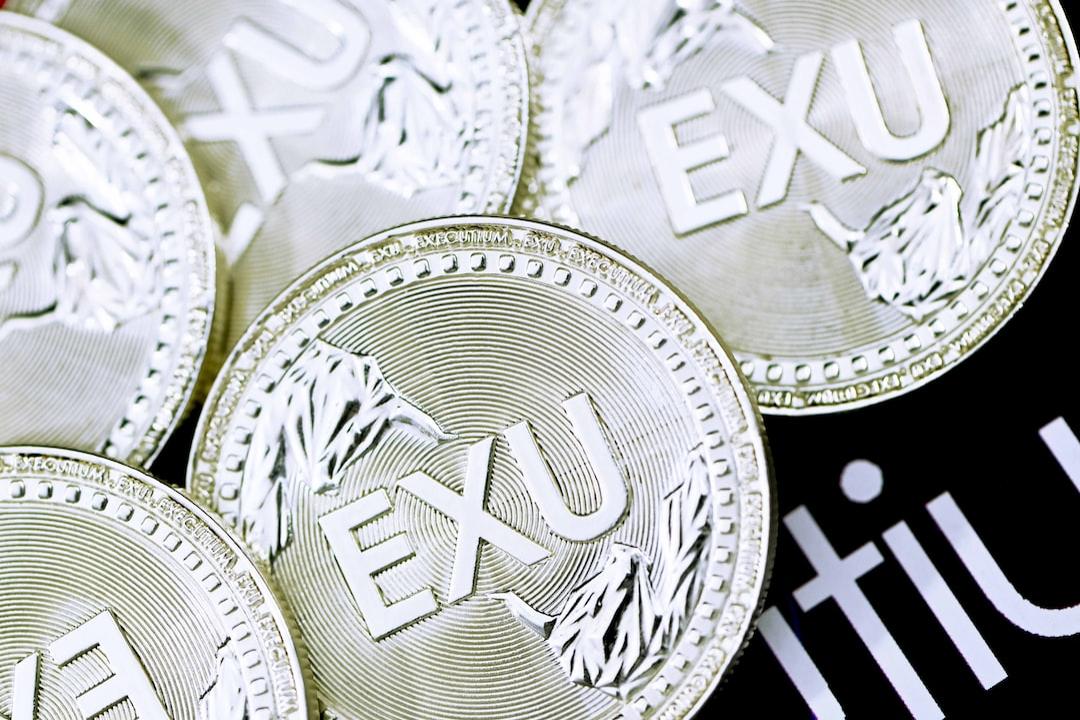Coinbase, Kraken, a16z and 34 Other Crypto Companies Send Joint Letter to Congress
Over 34 cryptocurrency companies have jointly written to Congress, requesting clarification on the Department of Justice’s (DOJ) over-interpretation of Section 1960 to prevent non-custodial developers from being mistakenly identified as “illegal money transmitters,” which would severely hinder innovation in the United States.
(Background: The U.S. Treasury Department Lifts Sanctions on Tornado Cash: Digital assets offer value creation opportunities, and TORN surges 74%!)
(Additional Context: The founder of Tornado Cash has been released! Court suspends pre-trial detention of Alexey Pertsev, Vitalik Buterin shows support.)
As the regulatory environment for cryptocurrencies in the U.S. gradually eases, over 30 cryptocurrency companies and foundations sent a joint letter to Congress on March 26, calling for clarification on the application of Section 1960 of the U.S. Code to avoid excluding non-custodial technology developers from innovation due to criminal liability risks.
NEW: Today, the DeFi Education Fund is proud to publish a coalition letter of industry leaders & advocates calling on Congress to correct, what in our collective view, is the DOJ’s dangerous misinterpretation of money transmission laws. A thread ⤵️https://t.co/ZbcifAzbj8pic.twitter.com/AqhHDCjGc3
— DeFi Education Fund (@fund_defi) March 26, 2025
DEF Joins 34 Crypto Companies to Address Congress
The open letter initiated by the DeFi Education Fund (DEF) and signed by 34 companies was submitted to the relevant financial and judicial committees of both the House and Senate. It directly points out that the DOJ’s application of Section 1960 has created a dangerous imbalance.
According to this provision, a so-called money transmitting business must involve holding and transferring money on behalf of others. However, in recent years, the DOJ has expanded this definition to include software developers who do not hold user funds, effectively bringing non-custodial technology under regulatory scrutiny. The DOJ asserts:
The definition of “money transmitting business” under the Bank Secrecy Act (BSA) is not related to the definition in Section 1960. This has led to a more radical interpretation of Section 1960. The joint letter emphasizes that this contradicts the official position released by the Financial Crimes Enforcement Network (FinCEN) under the Treasury Department in 2019, which clearly stated that developers who do not control the flow of funds do not fall under “money transmitting business” and should not be subject to related regulations.
Therefore, DEF calls for:
“Congress should urge the DOJ to correct its misinterpretation of the law and further clarify Section 1960 to clearly convey the legislative intent.”
Specific Case: Tornado Cash
The DOJ’s prosecution of Tornado Cash co-founder Roman Storm is a typical example of this issue. Although Storm did not control user assets or directly participate in criminal activities, he was still charged with operating an illegal money transmitting business and money laundering due to the protocol being exploited by North Korean hackers for money laundering.
This case is currently under the jurisdiction of federal judge Katherine Polk Failla, who has preliminarily ruled that the lawsuit can proceed on the grounds that the relevant law does not involve constitutionally protected free speech. The DeFi Education Fund warns that if such lawsuits become the norm, U.S. crypto developers will face legal risks, accelerating the outflow of talent and technology.
Further Reading: Is the Tornado Cash mixer saga not over? Coinbase blasts: The U.S. Treasury Department’s vague handling evades final judgment.
Industry Calls on Congress to Act, Prevent “Criminal Indictment as Regulation”
DEF’s legal chief Amanda Tuminelli stated that the most urgent policy goal is for Congress to clarify the legislative intent of Section 1960 to block the DOJ from using “criminal indictment as a substitute for legislative regulation.” The foundation’s spokesperson emphasized:
Our primary mission is to ensure long-term protection for software developers (including those in DeFi, crypto, AI, and other fields), and we believe that clarifying Congress’s legislative intent regarding Section 1960 aligns with the best interests of software developers.
The recipients of the letter include the Senate Banking Committee, the Senate Judiciary Committee, and the House Financial Services Committee, with the 34 companies including exchanges Coinbase, Kraken, and Crypto.com, as well as venture capital firms Andreessen Horowitz, Paradigm, and Dragonfly, along with projects like Uniswap Labs, Polygon Labs, and Consensys. This demonstrates that the industry has pinned its hopes on Congress to clearly delineate regulatory boundaries.
However, despite the SEC withdrawing several lawsuits against crypto companies following the return of the Trump administration, and advancing stablecoin regulatory reforms, according to DEF, restraining the DOJ’s over-interpretation of Section 1960 remains a significant challenge.
Aside from DEF, a non-custodial protocol development team, Pharos, also filed a lawsuit against the DOJ earlier this year, accusing it of an unconstitutional over-expansion of the interpretation of Section 1960, attempting to criminalize development activities through vague definitions. As such lawsuits increase, the DOJ will inevitably face pressure to respond and clarify.


